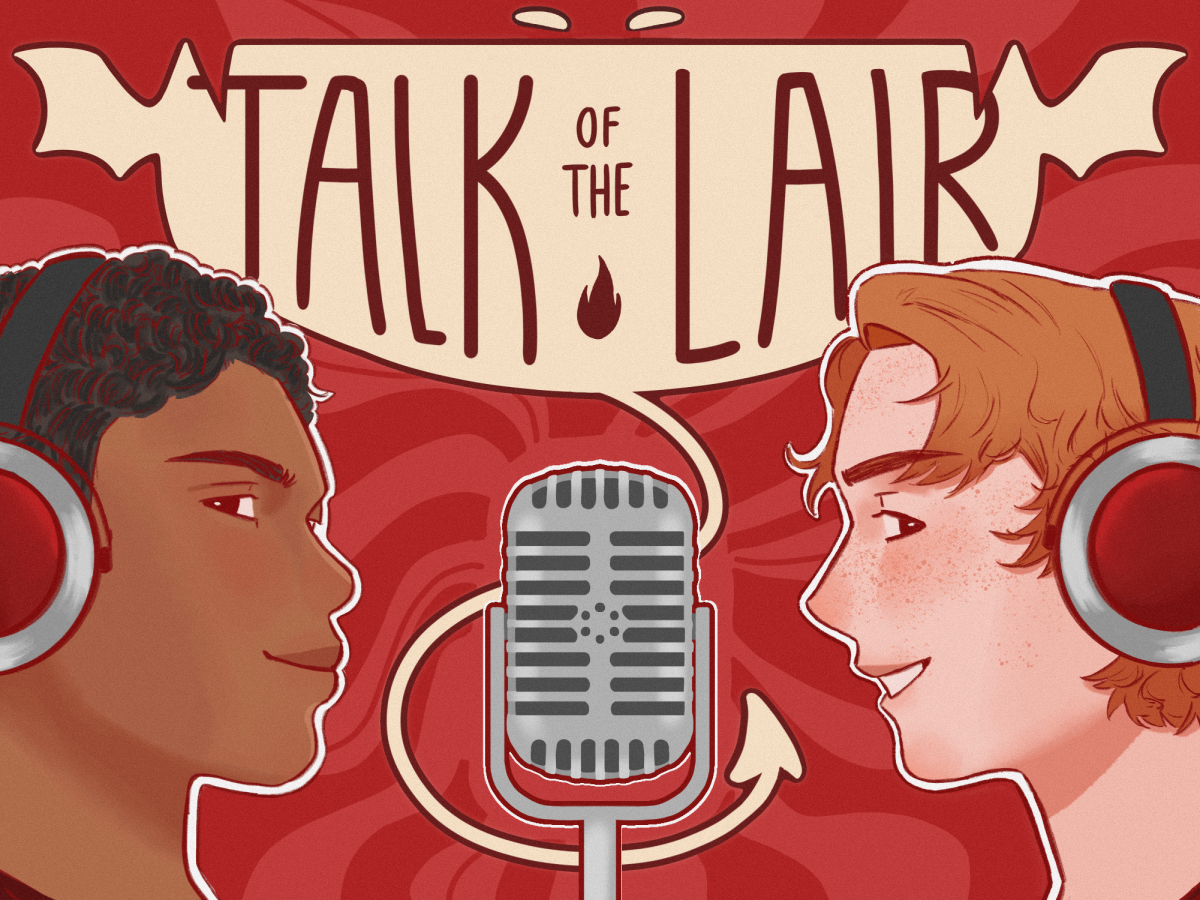Subsequent to President Trump’s announcement that he would greatly reduce the size of Bears Ears and Grand Staircase national monuments, the outdoor goods company Patagonia announced its plan to litigate the United States government. Patagonia, who has long represented itself as an environmentally conscious entity, reacted with the decision to speak out alongside same-sector companies REI and North Face.
Over the years, Patagonia has earned the label of “respectable” with its emphasis on environmental activism and worker welfare. It practices a tithing program where it regularly donates to groups working towards environmental health. It has also coined a “first” for being at the forefront of having on-site childcare for working mothers. Along with the reputation Patagonia itself has garnered, the lawsuit has the good cause of environmental protection to give it clout among people. Suing the government in the name of preserving the sanctity of the earth appeals to humanitarian do-goodism.
However, we need to think farther than whether Trump’s decision to shrink the size of these national monuments is legal or illegal, or even who’s going to win the case. Those decisions come from court. What we as a people should responsibly focus on is the big picture, which is impacted by the method of litigation companies have recently been utilizing against the government.
For corporations, suing the federal government could be a potential avenue towards amassing huge amounts of power when they already exert too much influence and benefit overly from government policies.
Corporate consolidation has resulted in the domination of various American industries by only a select few. Think of America’s media, agricultural and technological sectors for just three examples. Ninety percent of all mass media is owned by only six media conglomerates. America’s meat industry is essentially monopolized by four players. The bigger they become, the more the profits and power they gain. More alarmingly, America’s biggest tech companies, Amazon, Facebook and Google have spent millions lobbying Washington.
The large-scale involvement of corporations in politics hinders democracy because these entities have no obligation to look out for the general welfare of society, only their own interests. Corporations in general benefit from Washington’s revolving door and the money to aggressively lobby. Their power and influence will only increase with the profits handed over to them by the GOP’s new tax plan.
We, the people, are being overshadowed by powerful political forces we may not even notice and it is crucial we do not underestimate the huge amount of power corporations have when it comes to influencing policy, and how much they may accumulate through litigation.
This is not to disparage or cast doubt on Patagonia’s motives for protecting national monuments. Perhaps for this particular company, in this particular instance, we agree and approve (or not, depends on you), but we must focus on the big picture: What about other companies? What can corporate lawsuits against the government lead to?
Furthermore, Patagonia has done something new by tapping into their consumer base. The first image shoppers see on the Patagonia website is the stark message “The President Stole Your Land” followed by “Learn More” and endless “Take Action Now” buttons, urging people to tweet their displeasure. North Face even has its own Kickstarter campaign. By soliciting donations and, more importantly, utilizing the voice of those people, they have unleashed us in the direction they desire.
By not only suing the U.S. government but representing themselves as carrying out the will of the people and tapping into their consumer base to do it, the possibilities Patagonia has opened up with this lawsuit have large implications. Imagine a company, bigger and more powerful, similarly tapping into a huge consumer following . . .










Cherie Eulau • Dec 18, 2017 at 7:31 pm
Glad the media unit came in handy! Corporations are the new frontier of interest groups. Commerce is going to be increasingly politicized; it will be up to us to pay attention and to decide if we support these efforts ostensibly on our behalf.